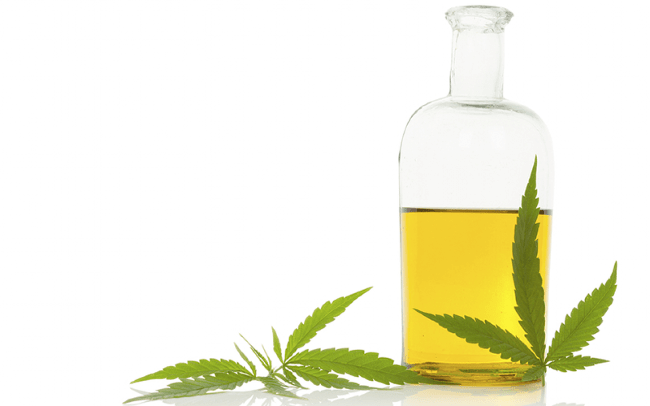Questioning the Therapeutic Efficacy of CBD in Isolation
The DEA recently internally classified hemp-derived cannabis as legitimately legal for interstate commerce1. Nationwide demand for CBD homeopathic treatments will only increase at this time. With CBD entering a growing number of industries, there is significant interest in understanding how to use it for best results.
Many products now on the market are formulated solely with CBD isolate. That means out of the whole cannabis plant, cannabidiol is extracted and purified to either a liquid or powdery form. This extract is then added to any of a wide range of consumer products, from CBD consumables to moisturizing pain-relief body lotion2.
However, with the CBD market being unregulated by the government, the quality of cannabinoids used in consumer products can be questionable. More than that, analyzing the customer testimonials has shown a significant variance in the perceived effect of different CBD products. Some of these differences, it turns out, comes from how the products are enriched with CBD: are they enriched with isolate compound, or with crude, whole-cannabis extract?
One of the most popular CBD beauty and wellness products on the market is made by Lord Jones, based in Los Angeles. Endorsed by a number of celebrities, including Olivia Wilde3, it uses whole-cannabis extract blended with other key ingredients and is said to provide analgesic and relaxation effects. Cindy Capobianco, founder of Lord Jones, said the decision to use whole-cannabis extract is a conscious one.
“We’ve found CBD isolate, or crystals of pure CBD, to not work,” Ms. Capobianco said.
It turns out that this idea is supported by science. A seminal study comparing the efficacy of isolate CBD vs. full spectrum CBD extract from a CBD-rich, THC-poor cannabis strain (called ‘ACDC’ in California) was published in Pharmacology & Pharmacy in February 20154. The study, conducted by researchers at the Hebrew University of Jerusalem (the epicenter of cannabidiol research), found whole-cannabis extract to provide significantly more pain relief. It also showed much stronger anti-inflammatory properties, and increased inhibition of compounds that are known to cause neurodegenerative diseases.
Cannabinoids are interesting therapeutic molecules because they do not act the same as most pharmaceutical drugs. Rather than strongly binding to a single target in the body, many cannabinoids only weakly connect with targets, or affect receptors in a process called allosteric regulation. They also reinforce each other’s behavior, with the presence of one cannabinoid causing increased sensitivity to the activity of another. These findings could help explain why whole-cannabis extract, which contains many cannabinoids native to the cannabis plat, has such a pronounced effect when compared to CBD in isolation.
As the body of cannabis and CBD research continues to grow, stay current with the latest in CBD science. We strive to provide only the most current and factual data in cannabis research to our readers. For now, learn about where the companies you buy from source their CBD, and decide for yourself if that is right for you.
References
- https://www.anaviimarket.com/blogs/news/dea-says-hemp-derived-cbd-oil-products-are-federally-legal
- https://www.nytimes.com/2018/01/30/style/cbd-oil-beauty-cannabis-pain-relief.html
- https://www.nytimes.com/2018/01/02/style/olivia-wilde-beauty-regimen.html?_r=0
- http://file.scirp.org/pdf/PP_2015021016351567.pdf










